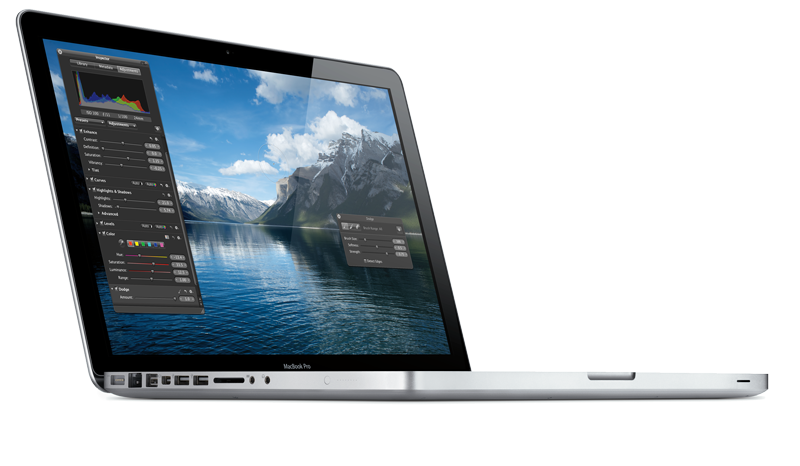Apple quotes 4-6 weeks on MacBook Pro replacements as production likely winds down
AppleInsider has received word that some customers who have purchased special build-to-order machines online are experiencing very long wait times for replacement hardware. Those who have a faulty custom-configured notebook are apparently being warned that replacement machines could take as long as eight weeks to arrive.
Representatives for Apple are said to be informing those customers that the average lead time for a replacement machine is between four and six weeks. One person said a company representative apologized and asked if the customer wished to be refunded.
Customers with faulty build-to-order MacBook Pros have also been given the option to make a purchase from a retail store, or buy a standard-configuration machine, of which Apple still has inventory available. One customer said that even solid state drive-based machines had a similar lead time to their traditional hard disk drive-equipped counterparts.
Apple's line of MacBook Pro notebooks are due for an update. The most recent major upgrade arrived last April, when the high-end notebooks were equipped with what was then Intel's latest Core i5 and Core i7 processors. Those chips have since been replaced by Intel's latest processors, code-named Sandy Bridge.
After Intel recently announced a design error in the chipset for its new Sandy Bridge Core processors, there became concern that the anticipated MacBook Pro refresh could be delayed. But this week Intel revealed that it has resumed shipping of processors intended for computer configurations not impacted by the design flaw.
In addition, the chipmaker said it will begin shipping a new, fixed version of its support chip, known as Cougar Point, in mid-February. Those chipsets will reportedly address a flaw that could cause degraded performance over time on some, but not all, serial-ATA ports for hard drives and DVD drives.
Intel also said that it will meet its deadline to begin shipping dual-core Sandy Bridge chips on the previously-announced launch date of Feb. 20. The Core i5 and Core i7 microprocessors, intended for notebooks like Apple's line of MacBook Pro systems, draw between 17 watts and 35 watts of power, and run at speeds between 1.4GHz and 2.7GHz.
It is rumored that Nvidia's graphics processors will not be included in at least some MacBook models 13 inches and under, as those low-end notebooks will rely only on Sandy Bridge integrated graphics from Intel. Apple's larger, high-end MacBook Pros, with screen sizes of 15 and 17 inches, will allegedly rely on graphics processors from AMD.
 Neil Hughes
Neil Hughes











 Christine McKee
Christine McKee
 Michael Stroup
Michael Stroup
 William Gallagher and Mike Wuerthele
William Gallagher and Mike Wuerthele
 William Gallagher
William Gallagher

 Chip Loder
Chip Loder
 Andrew Orr
Andrew Orr
 Marko Zivkovic
Marko Zivkovic







